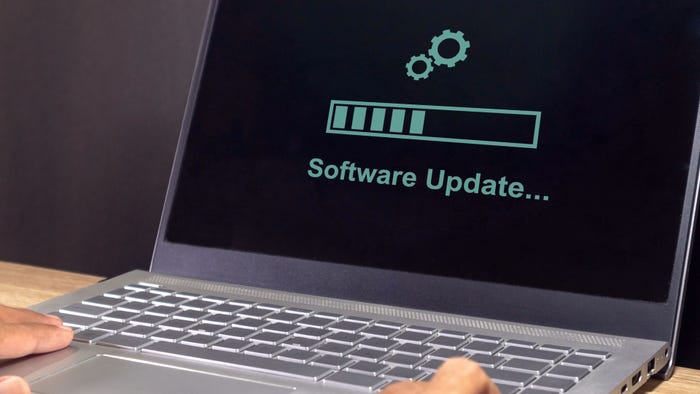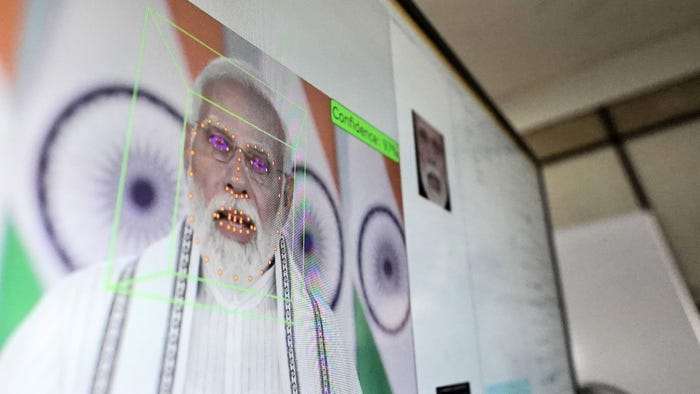US Agrees to International Electronic Cybercrime Evidence Swap
The Budapest Convention is a multinational coalition that agrees to share electronic evidence across international jurisdictions to track down cybercriminals.

The US Department of Justice has signed on to the Budapest Convention international treaty, which allows its 66 member countries to expedite the sharing of electronic evidence to more effectively track down cybercriminals, wherever they are on the globe.
"The Budapest Convention is a truly remarkable international instrument," Deputy Assistant Attorney General Richard Downing said. "Its technology-neutral approach to cybercrime has created an enduring framework for cooperation that ensures law enforcement has the tools they need to respond to new criminal methods.”
Signed by Downing, the agreement, according to the DoJ, makes it easier for law enforcement agencies to obtain subscriber and traffic data from service providers for cybercrime investigations. The agreement followed nearly four years of negotiations, the DoJ noted.
“It is our collective vision that every country that is serious about fighting cybercrime and that provides for the protection of human rights should become party to the Budapest Convention," Downing added. "The Convention strikes the right balance between imposing obligations on nations to have robust laws and capabilities and providing the flexibility necessary for nations with different legal systems to join."
About the Author
You May Also Like



_Daniren_Alamy.jpg?width=700&auto=webp&quality=80&disable=upscale)
